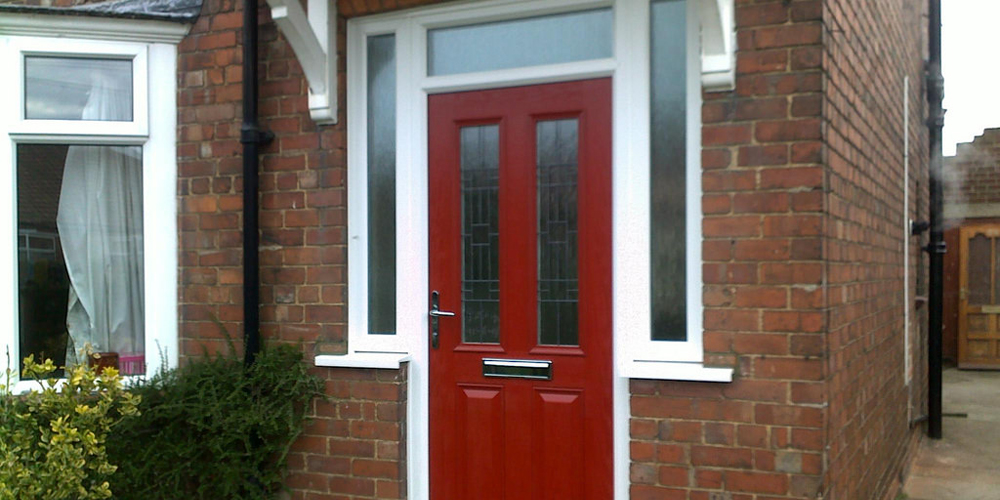The right to a decent home
Elections used to be won and lost on housing. From 1918 when Lloyd George promised homes fit for heroes to 1945, when the Labour manifesto proclaimed that housing was ‘one of the greatest and one of the earliest tests of...
Elections used to be won and lost on housing. From 1918 when Lloyd George promised homes fit for heroes to 1945, when the Labour manifesto proclaimed that housing was ‘one of the greatest and one of the earliest tests of a government’s real determination to put the nation first’, and from 1951, when the Conservatives swept to victory with a pledge to build 300,000 homes a year, to 1979, when Margaret Thatcher built her programme around the right to buy, a strong housing policy was once the key to electoral success.
It’s not been that way for years – although before the last general election, there were valiant attempts to make housing a central part of the campaign. The Homes for Britain rally brought together thousands of tenants, housing professionals, housebuilders and campaigners for what was billed as a ‘once in a generation’ event where politicians from England’s main political parties pledged to end the housing crisis.
What a difference a couple of years makes. This time around, there will be no big housing rallies, no cross-party pledges of support, no social media campaigns – and little focus on housing from those politicians and commentators who have decided that this election is about Brexit, and Brexit alone. Those organisations which came together for the rally back in 2015 are now sounding rather forlorn as they call for housing not to be forgotten in the 2017 campaign.
Yet we still have a housing crisis to fix. Homelessness is increasing, with its most visible form, rough sleeping, up by 30 per cent in a year. Homeless families are being offered homes hundreds of miles away from their relatives and schools on a take it or leave it basis. Meanwhile house prices across England and Wales are at a record high, forcing more and more people into the insecure, and increasingly unaffordable, private rented sector. And last year the stock of social and ‘affordable’ homes in England rose by just 12,000.
As Labour’s shadow housing minister John Healey puts it, the record of the coalition and Conservative governments on housing is one of ‘failure on all fronts’.
Time then, for housing, to take centre stage once more. Jeremy Corbyn has already vowed to make housing a priority, with a target of one million new homes – including half a million council houses – over five years. Credible policies to deliver on those targets – through public investment and relaxing borrowing rules for local authorities – should be a central part of the forthcoming manifesto.
On making the case for investment, Labour should be bold. The shift under successive governments from subsidising ‘bricks and mortar’ capital investment to subsidising benefits, allied with a failure to replace homes sold under the right to buy, has led to a spiralling housing benefit bill, over-reliance on the private rented sector and a short-sighted loss of a national assets that pays for itself through rental income. The shift back to bricks and mortar can and should be made
On the private rented sector, which now houses more households than the social rented sector, Labour needs to have a bold offer too, taking action to control rents, increase security for tenants and improve standards.
This direction of travel is a popular one. Indeed housing is one of the areas where voters favour Labour, according to YouGov polling this month. Labour’s arguments against the Conservatives benefit reforms – including the removal of housing benefit for 18 to 21-year-olds on universal credit and the lower benefit cap which are exacerbating the housing crisis, – resonate with the public too. Here, polling from Ipsos Mori shows that more than half of voters think the government’s cuts have gone too far.
The housing crisis touches the lives of voters, whether they are an evicted family, a member of ‘Generation Rent’ or an older person unsure of how their grandchildren will ever get the same housing opportunities they had. Making housing central to the campaign makes electoral sense.
But more than that, tackling the housing crisis is a moral imperative. The right to a decent home, regardless of income or family wealth, needs to be at the heart of Labour’s campaign.

